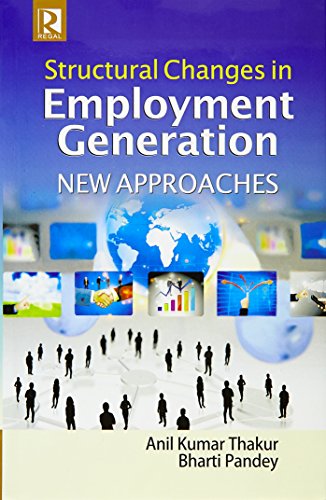Edited Anil Kumar Thakur Bharti (1 results)
FeedbackSearch filters
Product Type
- All Product Types
- Books (1)
- Magazines & Periodicals (No further results match this refinement)
- Comics (No further results match this refinement)
- Sheet Music (No further results match this refinement)
- Art, Prints & Posters (No further results match this refinement)
- Photographs (No further results match this refinement)
- Maps (No further results match this refinement)
- Manuscripts & Paper Collectibles (No further results match this refinement)
Condition
- All Conditions
- New (1)
- Used (No further results match this refinement)
Binding
- All Bindings
- Hardcover (1)
- Softcover (No further results match this refinement)
Collectible Attributes
- First Edition (1)
- Signed (No further results match this refinement)
- Dust Jacket (1)
- Seller-Supplied Images (No further results match this refinement)
- Not Print on Demand (1)
Free Shipping
- Free Shipping to U.S.A. (No further results match this refinement)
Seller Rating
-
Structural Changes in Employment Generation : New Approaches
Published by Regal Publications, 2014
ISBN 10: 8184843461 ISBN 13: 9788184843460
Seller: Vedams eBooks (P) Ltd, New Delhi, India
First Edition
Hardcover. Condition: New. Dust Jacket Condition: New. 1st Edition. Employment generation in India has always been a matter of intense concern, debate and enquiry amid the researchers and policy makers. An apt re-look into the objectives and achievements of India's planned process of development reveals that except the Janata Plan (1978-83) employment has always been accorded secondary priority; the top-most priority has been given to growth. Such a policy deviance has resulted in a situation well characterised in terms of 'job-less growth'. Moreover, Indian economy has witnessed structural changes in employment generation in the process of economic growth. These changes signify both positive and negative trends and tendencies. Thus, the issues underneath these dynamic changes merit a dispassionate enquiry. This book explores the underneath dynamics and empirical evidence of structural changes of employment in India. There is an imperative need of for generating productive employment in non-agricultural activities. It is argued that the labour should come out of the low-productive employment in non-agricultural activities. It is argued that the labour should come out of the low-productivity agriculture sector to higher productivity segments. A shift in employment in agriculture to the non-agricultural organised sector would be the most preferred outcome from the stand-point of productivity and decent work so as to actualise the objective of inclusive growth and sustainable development.


